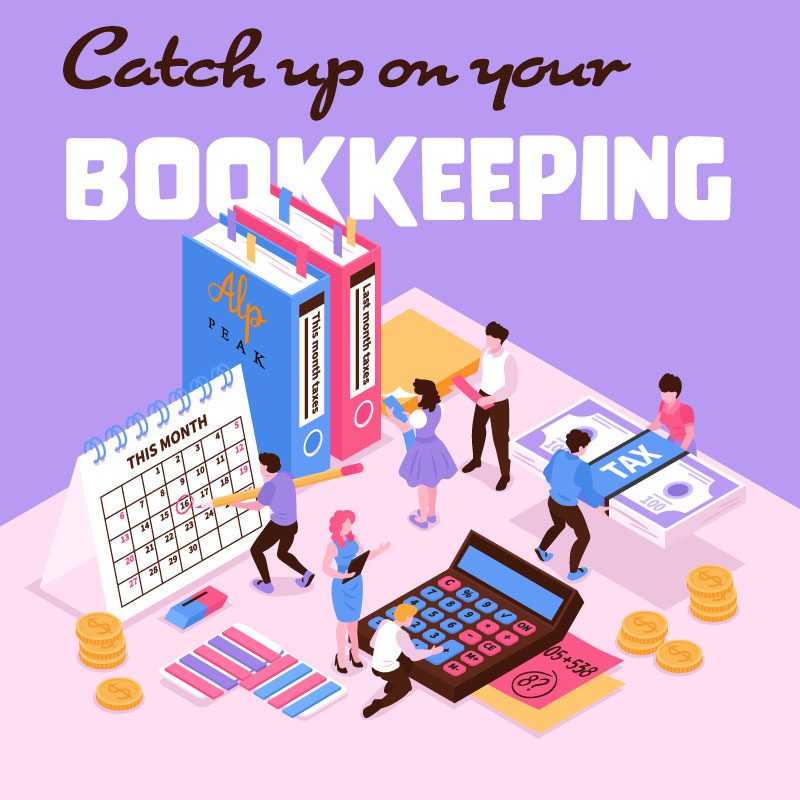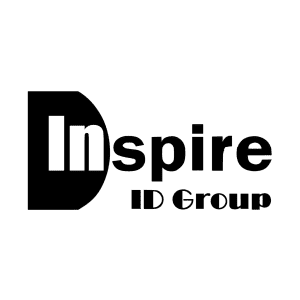Our Tips for How to Manage and Catch Up on Your Bookkeeping
When you’re busy running your business and keeping day-to-day operations going, it can be all too easy to fall behind on your bookkeeping. Many people tend to ignore their books due to having a full plate of tasks to complete and end up panicked and trying to catch up when tax season hits.
While it’s advisable to keep up with your bookkeeping from the start, or at least outsource it to a professional team such as ALP Peaks, here are some valuable tips that will help you catch up on your bookkeeping.
Get Your Receipts Together
The first step to take is to find all receipts and invoices related to your business. There are different types of records you need to collect.
Customer Invoices
Review customer accounts and ensure that you have all customer invoices for the tax year.
Debt Collections
Review your customer accounts and keep an eye out for any bad debt expenses. If you haven’t been paid for completed work, this can be written off as a bad debt expense. You will need to prove that you have taken steps to recover the debt in order to deduct the cost of bad debt.
Business Expenses
Any purchases that you have made for the benefit of your business should be accounted for with receipts. Be sure to check which expenses are deductible.
Vendor Accounts
Be sure that you have paid all of your vendor accounts in full and have a copy of the invoice and receipt from each bill.
Analyze And Reconcile Your Bank Accounts
Go through your bank accounts with a fine-tooth comb to identify any errors in your company or bank records. Your bank statements and company accounting records must line up exactly with the same transactions at the same time. If you come across any mistakes, correct them and make sure that the balances of both your bank statement and company accounts match up.
Separate Your Personal and Business Expenses
It is imperative that you keep your business and personal expenses completely separate. Having them combined is not advised, as it could see you potentially held liable for your business’s bad debt and actions in your personal capacity.
In addition, having business and personal expenses in one account can be stressful when the time comes to try to separate and sort through the expenses for tax season. Opening a bank account for your business will make managing your business’s finances much simpler, and offers the benefit of appearing more professional.
Going Paperless Is the Way Forward
Does the mental image of a mountain of paperwork, receipts, and journals strike you with fear and anxiety? It’s time to embrace the digital age and go paperless while you catch up on your bookkeeping.
There are many paperless, digital tools available to help you record and track your receipts, create reports, and craft efficient digital filing systems. As you sit going through your paperwork to catch up on your bookkeeping, take the time to upload them to the paperless app of your choice (and remember to continue to use it).
Form C and Form CS
If you run a company that is making money, you need to complete Form C / Form C-S. Both must be submitted to the IRAS come tax return season, and this can be achieved via e-filing. Essentially, there are three types of Corporate Income Tax Returns: Form C, Form C-S, and Form C-S Lite.
Form CS
This declaration form is necessary for companies to declare their income. All CS forms must be completed correctly and accurately to represent a true and complete reflection of the company’s income. Even if your company is making a loss, the CS form is still required.
Form C
If you aren’t eligible to file Form C-S – meaning your company is not incorporated in Singapore and your revenue exceeds $5M – then you must submit Form C instead. This form is also applicable if your company does not claim Group Relief, Carry-Back of Current Year Capital Allowances or Losses, Investment Allowance, or Foreign Tax Credit and Tax Deducted at the Source.
Consider Having a Tax Professional Review Your Expenses
If you find yourself in the position of falling behind on your books and needing to catch up every tax season, it may be time to consider getting help. Having a professional review your books, work out your deductibles, and otherwise assist before you need to file your taxes, you can relieve yourself of a lot of stress.
Professionals are well-versed in the legalities and processes surrounding taxes and are less likely to make any errors. They can also communicate with the relevant officials on your behalf, sparing you the headache.
At ALP Peak, we are a team of professionals who are committed to delivering you the best accounting and taxation support services available. With our affordable, dynamic pricing structures and complete transparency, you can rest assured that your finances are well handled without breaking your budget.
Start your one-month FREE TRIAL today, with no strings attached.










